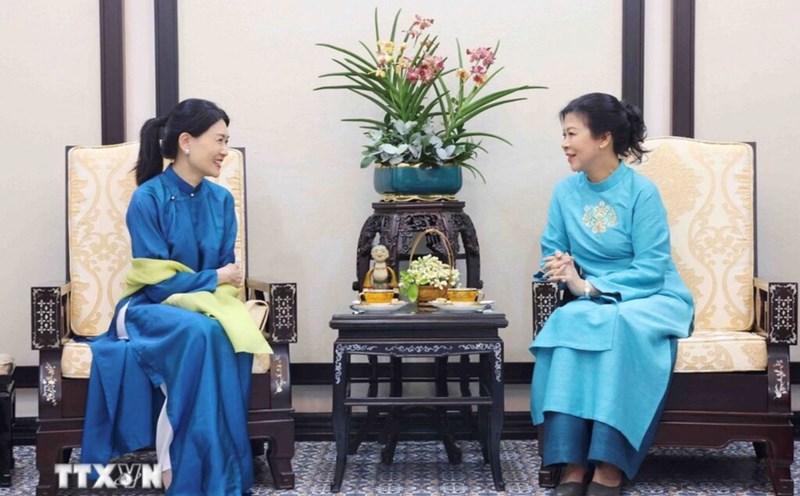It is not just a directive but a drug that has been caught out in the prescription line, to eliminate the hesitation that is still persistent in the staff system.
People say that anyone who passes through the unique bridge will need to have strong legs and a brave heart, because just one step off the track, below is a deep abyss. But if no one dares to pass, the destination is thousands of miles away.
The story of former Director of CDC Binh Duong Nguyen Thanh Danh is a similar step.
A person is forced to make decisions during an urgent, stressful, and unpopular epidemic. Although Mr. Danh had to face legal action, no verdict was passed, Mr. Danh was cleared of criminal liability.
Over the years, the phrase "fear of responsibility" has appeared more and more. That is the result of an environment with heavy research, light consideration of causes to protect those who dare to do, dare to practice innovative thinking.
Officials will not dare to walk on a unique bridge, if there is no transparent mechanism, allowing "testing" new ideas, as long as it is truly "undiscriminate", for the country, for the people, for the common good of the collective.
In fact, in recent years, hundreds of thousands of billions of VND of public investment capital have been stuck and cannot be disbursed. The country has financial resources in hand but cannot use them effectively, partly due to administrative barriers and also due to the fear of responsibility of cadres.
The resistance to development lies there.
South Korea has also faced a similar situation.
To overcome this, in 2019, the country issued a " Proactive Administration" policy, according to which, cadres performing public service duties will be exempted from responsibility or not disciplined if unexpected consequences occur. On the contrary, those who are slow and avoid will be handled. This policy creates a "legal safe zone", helping civil servants feel secure in innovating. Moreover, Korea also has special awards and promotion mechanisms for cadres with outstanding initiatives, turning " daring to think, daring to do" into a protected and honored value.
Vietnam needs to have specific, transparent and strong enough regulations, like a solid legal shield to protect those performing official duties like that.
If there are errors in innovation, it needs to be assessed based on the motives and actual consequences, instead of being prejudiced, by default, failure is a violation. There should be separate regulations to distinguish between obvious mistakes and profit-taking violations. And right now, it is necessary for that policy to be issued soon.
Good officers are not afraid to step on unique bridges. But they can only step forward if they know that if they "slide" they will not fall into the abyss of responsibility - but a just and reasonable judiciary to keep them strong.








